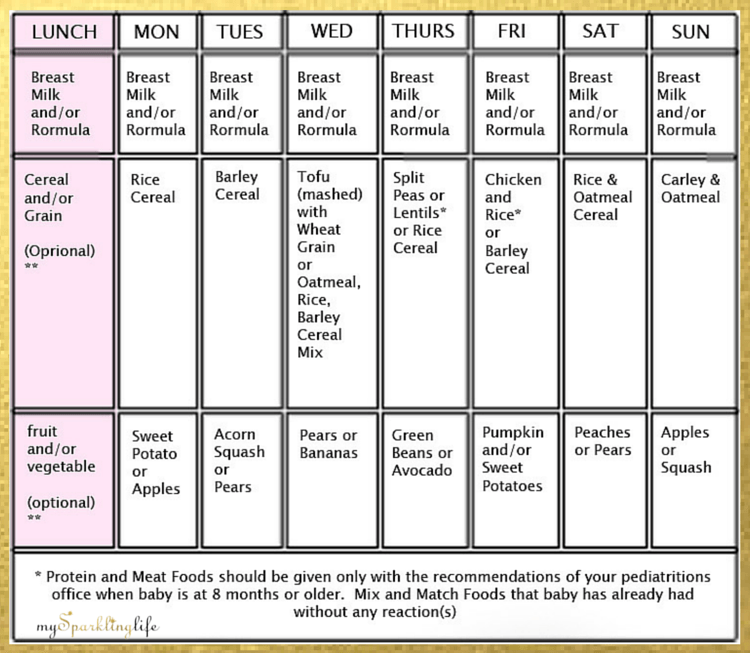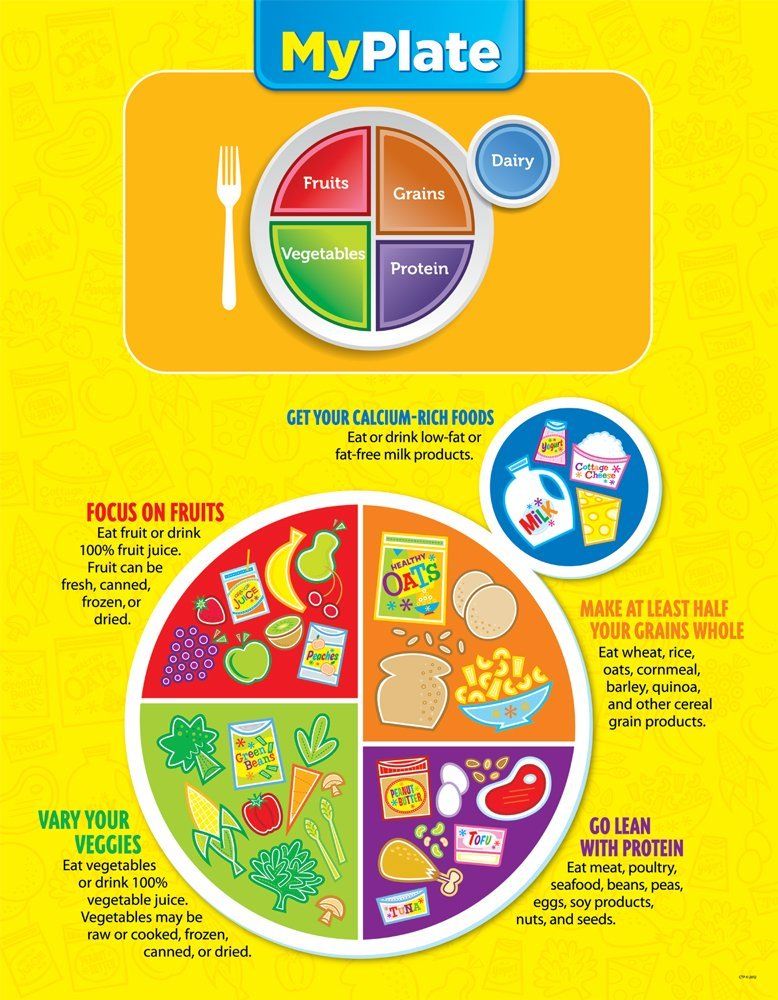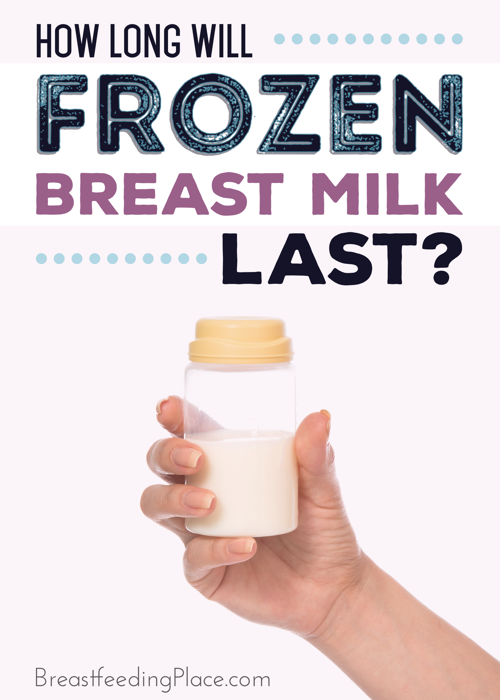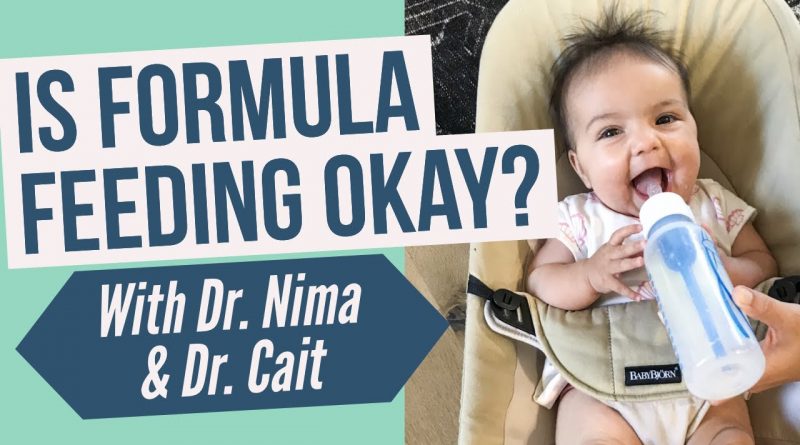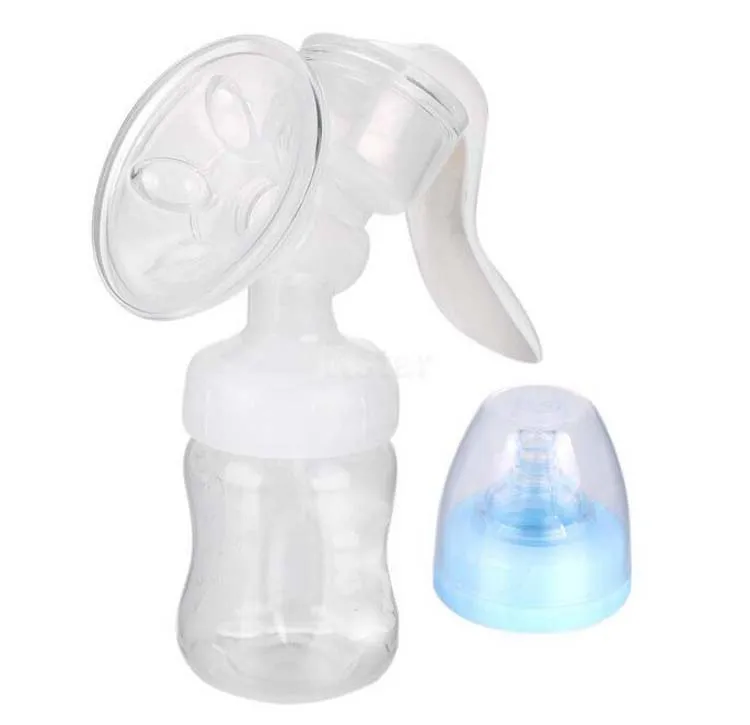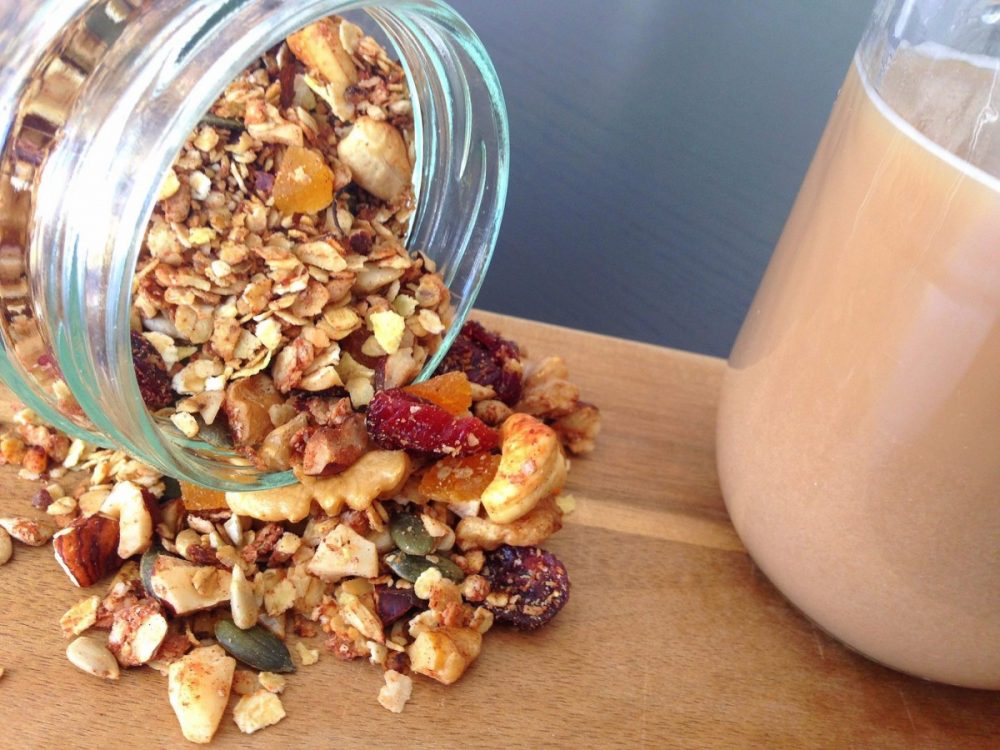Pooping while feeding baby
How often should a newborn poop?
Yes, it's normal if your baby is pooping after every single feeding. You’ll quickly discover that when it comes to newborns, poop frequency comes in a wide range of normal.
Some babies are just more productive poopers than others. It’s perfectly okay to end every feeding with a diaper change, or to not see a single bowel movement for a few days. Your baby pooping a lot probably isn’t an issue, unless you’re changing three or more extra-watery diapers a day. In that case, it could be diarrhea, which is something to let your baby's doctor know about.
How often should a newborn poop?
It varies. Poop habits differ a lot from baby to baby. The average frequency is one or more bowel movements daily. But some newborns produce five or more dirty diapers a day in their first 2 weeks of life, while others go for days without pooping.
It’s not unusual for newborns to poop a lot, since they spend most of their waking hours eating. In general, breastfed babies poop more than formula-fed ones. In fact, your baby may poop while nursing and again once they’re done – which is why you may want to wait a few minutes after you're finished breastfeeding before swooping in with a clean diaper.
Because breastfed poops contain more liquid, they’ll look more watery than the stools of formula-fed babies. (See real photos of the different kinds of baby poop here.)
When a breastfed newborn poops after every feeding during the first few weeks, take it as a good sign – it means they’re getting plenty of milk. Even though formula-fed babies may have less frequent bowel movements than breastfed babies, it's normal for them to poop after every feeding as well.
The frequency of your baby's bowel movements may start to slow down by the time they're around 6 weeks old, but some babies continue their pattern of pooping after every feeding for much longer. (It’s not uncommon for some 1-year-olds to poop five times a day.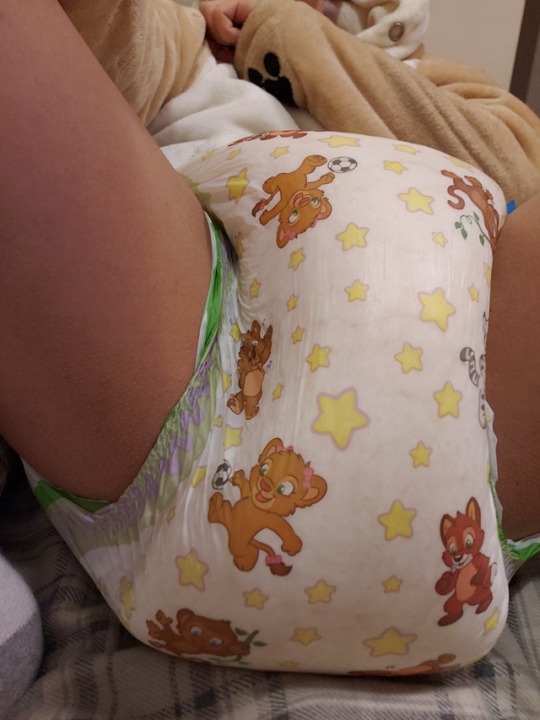 )
)
How long can a baby go without pooping?
If your baby hasn’t had a bowel movement in a few days, there’s no need to immediately fear the big “C” (aka, constipation). Babies can go days, or even a week, without producing a dirty diaper. A breastfed baby can go even longer – as long as two weeks without pooping if they haven’t started on solid foods yet.
Advertisement | page continues below
If the bowel movements your baby does make are soft, constipation probably isn’t an issue. Exclusively breastfed babies rarely get constipated because breastmilk is an economical food. Your baby gets just what they need, with little waste leftover to poop out.
True constipation in babies typically happens from a change in diet, a lack of fluids, or an illness. The telltale sign is hard, dry stools. If your baby is constipated, they may get extra fussy and look like they’re straining uncomfortably when they try to go.
Should I ever be worried about my baby pooping a lot?
Generally, if your baby's bowel movements are fairly consistent and they’re acting like their usual self, frequent poops aren't a cause for concern. However, if there's a sudden change in your baby's pooping pattern and their stool becomes watery, check with their doctor. Very watery bowel movements could be a sign of an infection.
However, if there's a sudden change in your baby's pooping pattern and their stool becomes watery, check with their doctor. Very watery bowel movements could be a sign of an infection.
Call the doctor if your baby has any of these other poop-related symptoms:
- Pulling their legs up to their stomach (a sign that their tummy hurts)
- Straining to have a bowel movement
- Poop that looks like small, hard pebbles or is extra watery
- Irritability
- A swollen belly
- Blood in their poop
If my baby is pooping a lot, are they more prone to diaper rash?
Babies who have frequent bowel movements can be more susceptible to diaper rash. Constant contact with stool can irritate the sensitive skin on their bottom.
The best way to prevent diaper rash is to keep your baby’s bottom clean and dry. To start, change their diapers more often. Wash their skin clean with warm water during each change.
You may want to coat the area with a diaper rash cream or a product containing zinc oxide or petroleum jelly to create a barrier. And instead of putting on a new diaper right away, let your baby go diaper-less for a little while each day so their bottom can fully air dry. If these tips don’t relieve the diaper rash, give your baby's doctor a call.
And instead of putting on a new diaper right away, let your baby go diaper-less for a little while each day so their bottom can fully air dry. If these tips don’t relieve the diaper rash, give your baby's doctor a call.
Read more:
A new parent's guide to baby poop
Age-by-age guide to feeding your baby
How much formula newborns and babies need
Color, Texture, Frequency, Smell, and More
During the first few months of life, breastfed babies typically pass stool several times per day. Their stool will also be a soft-to-runny consistency, and mustard yellow in color.
It’s important to monitor your baby’s diapers during this period, including checking the color, texture, and frequency of their bowel movements. These are good indicators that they’re getting enough breast milk. This is one way you can monitor their health in between visits to the pediatrician.
Read on to learn what to expect from your breastfed baby’s stool, and when to talk to a doctor or lactation consultant.
Over the first few days of life, breastfed babies will pass meconium. This will be tar-like in color and consistency. After around 48 hours, the stool may become looser and lighter in color. Then, within another day or two, the color of breastfed baby stool is usually mustard yellow or yellow-green. It may also be watery or contain mini-white “seeds.” This color is normal.
As your baby grows and starts solid foods, you may notice changes to the color of their stool. It may be more greenish-yellow or tan-brown in color.
Always let your pediatrician know if your baby has stool that is:
- red
- bloody
- black
- pale-grey or white
This may or may not be a sign of illness. Your doctor will be able to evaluate your baby and give you peace of mind.
Expect your breastfed infant’s stool to be soft to runny in texture. It may also be watery, almost like the consistency of diarrhea.
The texture may resemble mustard and contain small, white seed-like particles.
Each bowel movement should be about the size of a United States quarter (2.5 centimeters or larger.)
If your breastfed baby is passing hard, dry, or infrequent stools, they may be constipated. However, constipation is very uncommon, if not rare, in breastfed infants who are well. If your baby is just having infrequent stools, especially after 6-weeks old, it’s likely normal. On the other hand, if your baby has hard, dry stools along with the symptoms listed below, they’re most likely ill, rather than constipated:
- vomiting
- having a dry mouth
- not wanting to breastfeed
- being fussier than usual
Seek immediate medical care for these symptoms.
Your infant’s stool may not have a smell for the first few days. After they pass meconium, many parents claim their breastfed infant’s poop still doesn’t smell very foul.
In fact, it may smell slightly sweet or have a smell resembling popcorn. Other parents have reported their infant’s stool smells like hay or porridge.
Usually, as long as your baby is having frequent bowel movements and their stool is soft, the smell isn’t a concern.
Let your pediatrician know if you notice loose, green stools, or a smell you’re worried about. Your baby may have an allergy or intolerance to something in your diet.
Breastfed babies have frequent bowel movements. Expect at least three bowel movements each day for the first 6 weeks.
Some breastfed babies have 4 to 12 bowel movements per day. Your baby may also pass stool after each feeding.
If your breastfed baby is having less than three bowel movements a day, they might not be getting enough milk. Your pediatrician will be able to check if they’re gaining enough weight. If they’re gaining weight, having fewer bowel movements generally isn’t a problem.
After 6 weeks of age, some breastfed infants will poop less frequently. Some babies have only one bowel movement a day, while others only pass stool every other day or every few days. If it’s been several days since their last bowel movement, it will likely be very large.
If it’s been several days since their last bowel movement, it will likely be very large.
If your baby is happy, feeding, and appears to be gaining weight, having less frequent bowel movements after 6 weeks of age isn’t anything to be concerned about, but let your pediatrician know if you’re worried about the frequency of your infant’s stools.
You may notice changes to your infant’s stool anytime there’s a change to their diet, such as when they start eating solid foods. If your baby switches from breast milk to formula or vice versa, you’ll also notice a difference in the color and texture of their stool.
Formula-fed infants typically have a more solid stool and it may be more yellow-green or tan in color.
Some weight loss (5 to 7 percent) is normal in breastfed babies during the first few days of life. Most breastfed babies regain their birth weight after 10 to 14 days.
If your baby is gaining weight steadily after returning to their birth weight, they’re likely getting enough to eat.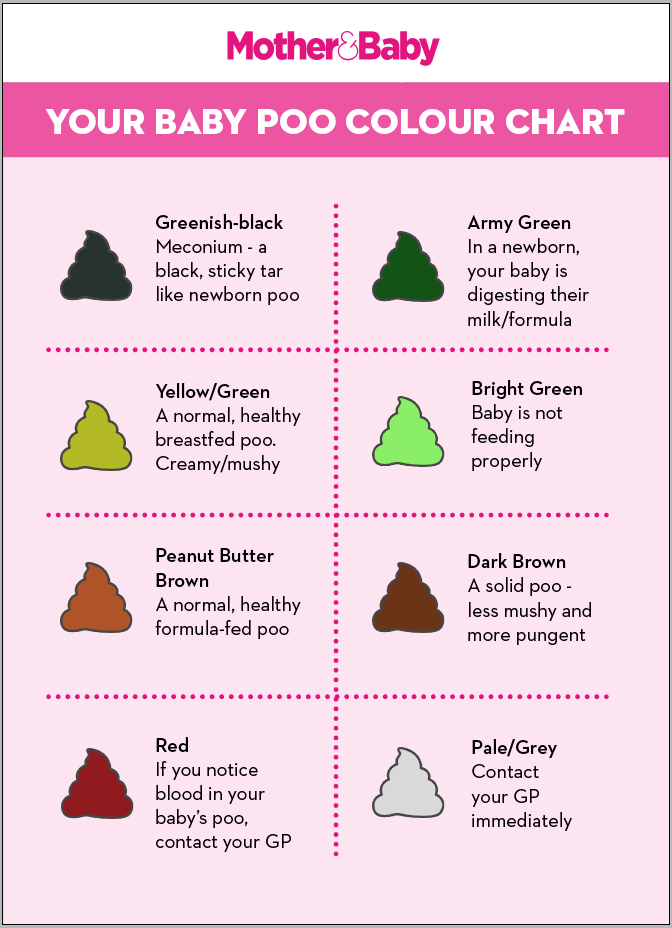 Steady weight gain means that they’re gaining weight most weeks.
Steady weight gain means that they’re gaining weight most weeks.
Let your pediatrician know if:
- Your baby isn’t gaining weight. Their pediatrician may recommend working with a lactation consultant to confirm your baby is latching properly and getting enough breast milk.
- Your baby isn’t feeding well or passing stool, or they’re passing hard stools. These may be signs of constipation or illness.
- Your baby is passing black, bloody, or green frothy stools. These may be symptoms of an illness.
- Your baby’s poop is unusually watery and more frequent. This may be a sign of diarrhea.
Over the first months of your baby’s life, it’s important to monitor their diapers carefully. Checking their poop’s texture and color is a good way to confirm your baby is healthy and getting enough breast milk.
Usually, a slight change in color or texture isn’t anything to worry about. That’s especially true if your baby has recently switched to solid food, formula, or was sick with a cold.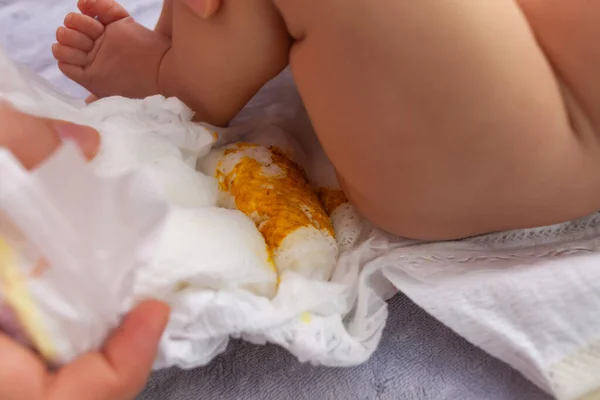
Let your pediatrician know if you notice any blood or black stools in your baby’s diaper, or have other concerns. Your baby’s doctor may also ask about their diapers at your well-baby checkup appointments.
how to recognize, causes, treatment, how to stop diarrhea in a baby?
Every mother knows that babies poop frequently: a breastfed baby may have the same bowel movements as the feeding frequency. And babies often have tummy ache and colic due to the fact that the gastrointestinal tract is completely immature and is just beginning to be populated by beneficial bacteria. Therefore, it is not always clear to a young mother whether everything is fine with her baby. How do you know when something is wrong? nine0005
For a baby under three months old, the normal frequency is three to six times a day if the baby is breastfed, and about two times a day if he is bottle-fed. At the same time, the frequency of the stool can also change normally, due to the fact that the baby was nervous or the mother changed the menu.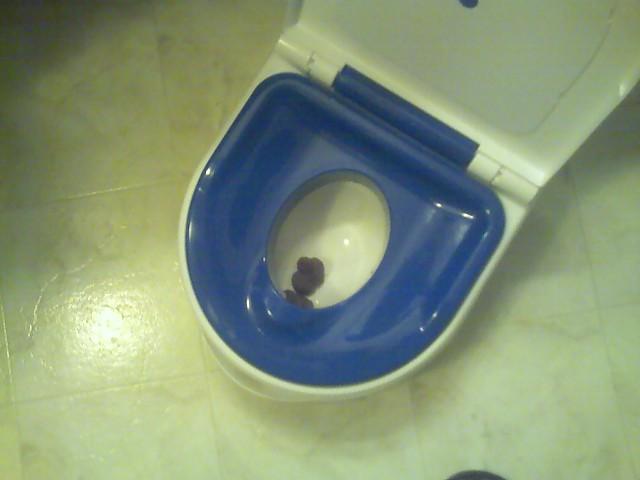 Therefore, when talking about diarrhea in a baby, they first of all take into account not how often he poops, but the volume and nature of the stool, as well as the behavior of the baby himself.
Therefore, when talking about diarrhea in a baby, they first of all take into account not how often he poops, but the volume and nature of the stool, as well as the behavior of the baby himself.
You can suspect diarrhea in a baby if he poops twice as often as usual, the stool becomes much thinner (in a breastfed baby, it is usually liquid and poorly formed), changes color, pathological impurities appear in it: a lot of mucus, blood, foam, undigested food particles, if complementary foods have already begun. The behavior of the baby also changes: he cries, presses his legs to his chest, or, conversely, stretches out to the line. The tummy may swell and growl. nine0007
If the diarrhea is caused by an infection, the child has a fever and becomes lethargic.
Causes of diarrhea in infants
The most common cause of diarrhea in infants is dysbiosis, that is, a change in the composition of the intestinal microflora. This may be due to a viral or bacterial infection, but is usually due to other causes such as:
- late attachment to the breast;
- artificial feeding;
- products not according to age; nine0020
- use of antibiotics;
- food allergy;
- lactose intolerance;
- chronic diseases of the gastrointestinal tract (ulcerative colitis and others).
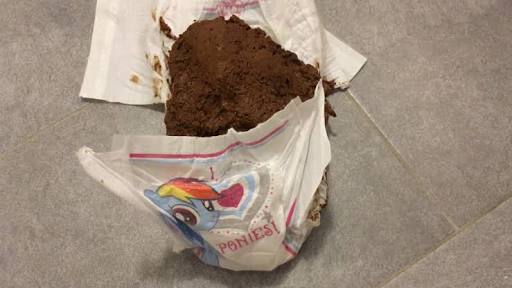
One way or another, all these conditions disrupt the normal balance between beneficial and harmful microbes in the intestines, and consequently, digestion and intestinal motility: too much fluid remains in the intestinal lumen, which causes diarrhea.
Treatment of diarrhea in children
Seek immediate medical attention if:
- there is blood in the baby's stool;
- diarrhea accompanied by vomiting;
- the child has a fever;
- the baby stops peeing or peeing less than four times a day;
- no tears during crying, skin and mucous membranes become dry;
- fontanel sinks;
- the baby's skin, if folded, does not straighten out immediately.
If your baby is stable, you can try to manage the diarrhea on your own. Change diapers more often: feces irritate baby's delicate skin. If complementary foods are introduced, cancel it, leave only breast milk or formula that the baby eats constantly. nine0007
nine0007
Give the child a drink. Adherents of breastfeeding argue that the baby has enough liquid contained in breast milk. This is true, but only if the child is healthy. During diarrhea, fluid loss increases several times, and it is dehydration that is the most common cause of death from intestinal infections. You can supplement it with plain boiled water, but it is better with a special solution of salts, which are also actively lost during diarrhea (Regidron, Trisol, Ringer's Solution, Humana Electrolyte). If the child is older than nine months, you can give rice water. nine0007
To restore the normal balance of microflora, you can (and should) give probiotics. The best option is a complex of bifido- and lactobacilli. Both are important for normal digestion and microbial balance. You can start taking probiotics before visiting your doctor.
Note
Probiotics are sold in pharmacies in various forms: tablets, capsules, sachets (powder in sachets).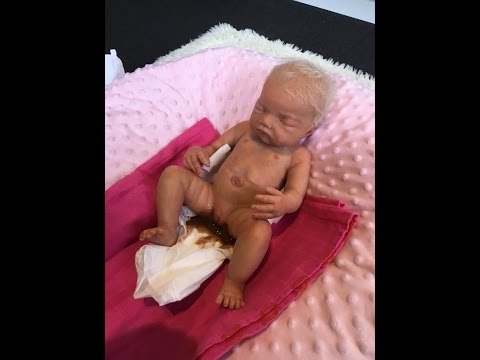 However, it should be remembered that for young children, complex microorganisms in the form of drops are most convenient for use. nine0005
However, it should be remembered that for young children, complex microorganisms in the form of drops are most convenient for use. nine0005
If diarrhea does not stop within two to three days, be sure to contact your pediatrician.
Statistically, children experience at least one or two episodes of diarrhea every year until they are five years old. Therefore, diarrhea in itself is not yet a reason for panic: usually its cause is the immaturity of the baby's gastrointestinal tract and the disruption of the normal balance of microflora. Most of the time, you can deal with this problem on your own. But, if the child has a fever, blood appears in the feces, there are signs of dehydration: the skin and mucous membranes are dry, there is little urine, there are no tears, the fontanel sinks, consult a doctor immediately! nine0005
How many times should a newborn poop
03/25/2021 Reading time: 6 minutes 244495
nine0014 Contents of the article:- Frequency and nature of stool in a breastfed child.
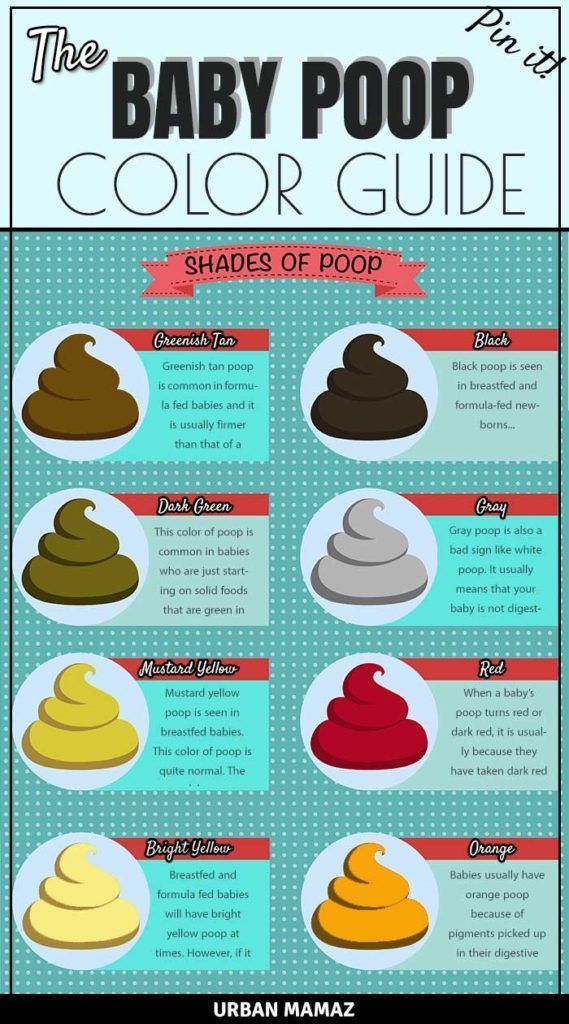
- Frequency and nature of stool in a formula-fed child.
- What can affect stool frequency and consistency?
Even the most squeamish girls with the birth of a baby become tireless researchers of the contents of a dirty diaper.
- Isn't it a lot? But not a little? Isn't it rare? But not often? Is the color normal? Is the consistency good? Is it supposed to smell like this? - young mothers are ready to discuss these subtleties at any time, regardless of the enthusiasm of the interlocutor. They can be understood. nine0007
On the one hand, the newborn does not know how much - eat, sleep and, in fact, dirty the diaper. Therefore, there are few topics for discussion at first, but I want to talk. On the other hand, it is indeed possible to draw conclusions about the state of health of the infant from the answers to these specific questions.
The frequency and nature of the stool in a breastfed child.
In the first two or three days after birth, the baby leaves the original stool - meconium.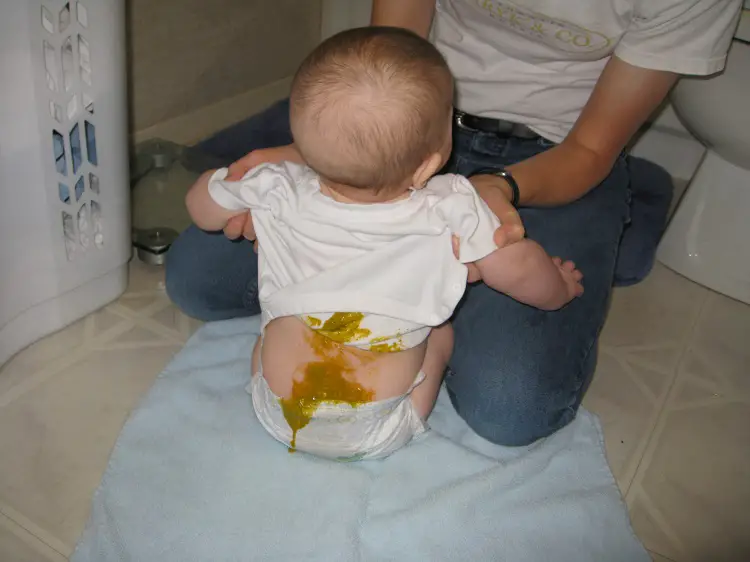 If a young mother does not know about this, she may be frightened by a sticky dark mass that is difficult to wash off. When a woman has milk, the baby's feces brighten, acquire a mushy texture and a milky, slightly sour smell. nine0007
If a young mother does not know about this, she may be frightened by a sticky dark mass that is difficult to wash off. When a woman has milk, the baby's feces brighten, acquire a mushy texture and a milky, slightly sour smell. nine0007
In the first month and a half, the baby can poop after each feeding.
If, up to 4-6 weeks of life, he poops less than once every 24-36 hours, this may mean a lack of nutrition. It is necessary to control weight gain. On average, for the first weeks of life, it should be 125-150 g.
As regards consistency and color, the stool should be mushy, bright yellow to greenish in color.
This is important!
If the baby eats with appetite, adds well, behaves actively, then the shade of the contents of the diaper is not so important. Anxiety should be caused by an admixture of blood in the stool, streaks of mucus, blisters and a sharp putrid smell. This should be reported to the pediatrician immediately. nine0067
After a month and a half, the baby may begin to poop less often.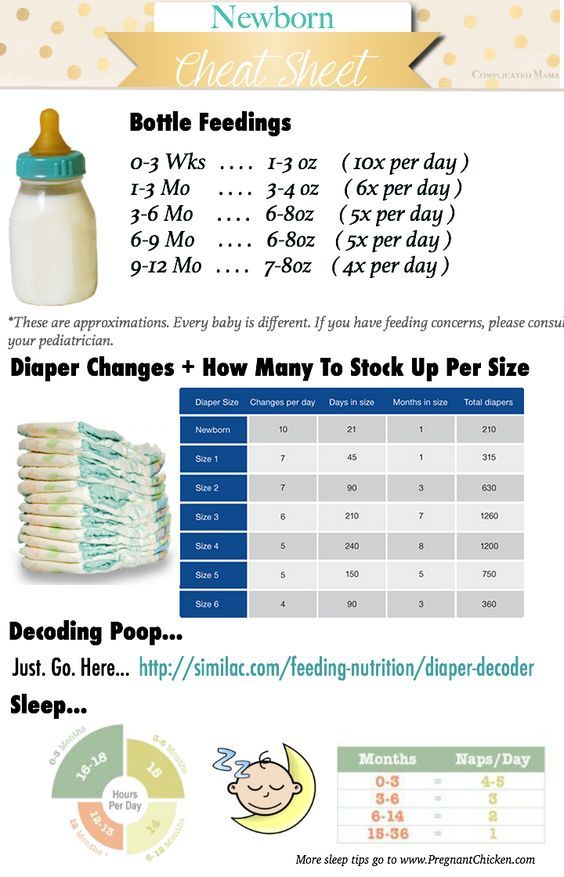 For many mothers, this is a source of serious concern. If the baby does not poop for a day, two, three, anxiety covers. But this condition for a breastfed baby is most often the norm. If the child behaves as usual, and the stool after the delay is soft and moves away effortlessly, then everything is in order.
For many mothers, this is a source of serious concern. If the baby does not poop for a day, two, three, anxiety covers. But this condition for a breastfed baby is most often the norm. If the child behaves as usual, and the stool after the delay is soft and moves away effortlessly, then everything is in order.
A hard, shaped stool should alert you, crying and straining strongly during defecation are signs of constipation. nine0007
Recent studies from the American Academy of Pediatrics suggest that, with normal health and behavior, a baby aged 4-6 weeks and before the introduction of complementary foods may pass stools even once a week or less often. But be attentive to the condition of the baby and still consult a doctor before ignoring a ten-day stool retention in crumbs.
With the introduction of complementary foods, the baby's stool will become more formed, but should still retain a soft texture. nine0007
This is important!
When the baby begins to receive complementary foods, he should defecate at least once a day.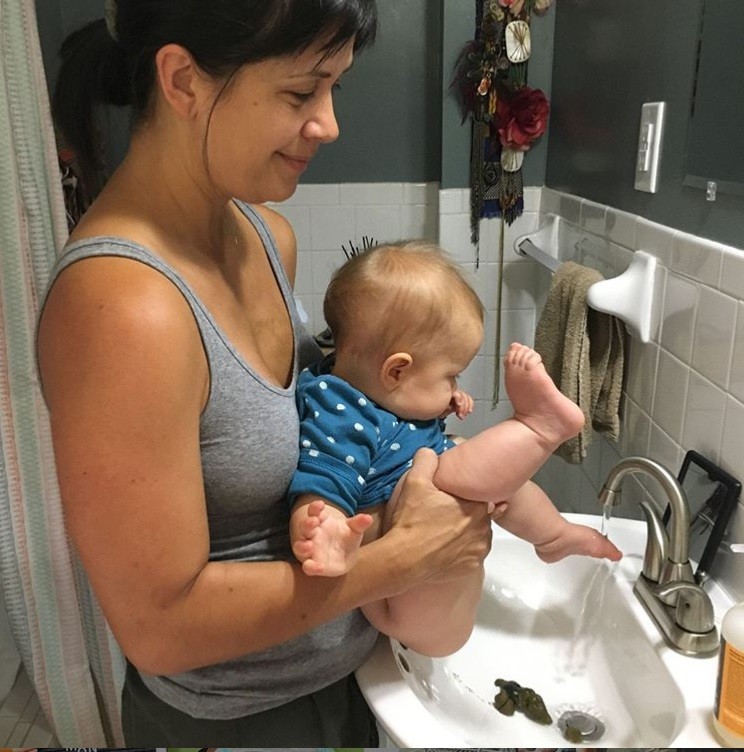 If the baby has signs of constipation - rare or formed hard ("sheep") stools, difficult bowel movements - you need to consult a doctor to find and eliminate its cause.
If the baby has signs of constipation - rare or formed hard ("sheep") stools, difficult bowel movements - you need to consult a doctor to find and eliminate its cause.
Frequency and nature of stool in a formula-fed child.
A newborn on artificial feeding, even in the first weeks, can poop once a day. nine0007
After one and a half months, bottle-fed babies should have a bowel movement daily.
The stool consistency of formula-fed babies will be firmer than when breastfed, but should still remain soft. Hard, shaped stools in infants, regardless of the method of feeding, are a sign of constipation.
The color may depend on the type of mixture. It is usually yellow or dark yellow. Too bright or very dark shades, a pronounced green color is a deviation from the norm, you need to consult a doctor. nine0007
What can affect stool frequency and consistency?
Nutrition. The frequency and nature of the baby's stool is primarily influenced by the type and quality of the food he receives.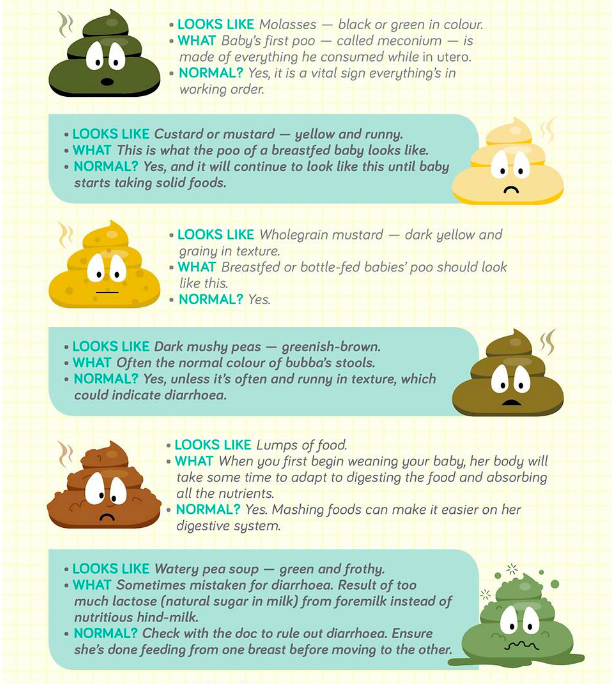 For babies, it is important that the mother's diet is balanced and varied, so that she does not smoke or drink alcohol. If the child is allergic - so that the mother does not eat foods that cause an allergic reaction. Properly selected milk formula is important for babies on artificial feeding. If these conditions are not met, it will immediately be noticeable in the stool of a newborn. nine0007
For babies, it is important that the mother's diet is balanced and varied, so that she does not smoke or drink alcohol. If the child is allergic - so that the mother does not eat foods that cause an allergic reaction. Properly selected milk formula is important for babies on artificial feeding. If these conditions are not met, it will immediately be noticeable in the stool of a newborn. nine0007
Functional disorders. In newborns, malfunctions in the gastrointestinal tract may occur not due to illness, but due to the immaturity of the body - both the gastrointestinal tract itself and the nervous system. That is, a healthy baby without errors in nutrition can still experience constipation or diarrhea.
Infectious diseases. Often, it is by the nature of the stool of a newborn that one can notice that an infection has entered the body. Rapid loose stools, foam, an unpleasant odor will immediately indicate the onset of the disease. nine0007
Taking medications.


